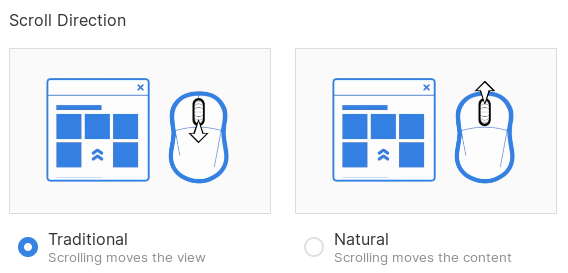183
you are viewing a single comment's thread
view the rest of the comments
view the rest of the comments
this post was submitted on 24 Sep 2023
183 points (96.9% liked)
Linux
45595 readers
657 users here now
From Wikipedia, the free encyclopedia
Linux is a family of open source Unix-like operating systems based on the Linux kernel, an operating system kernel first released on September 17, 1991 by Linus Torvalds. Linux is typically packaged in a Linux distribution (or distro for short).
Distributions include the Linux kernel and supporting system software and libraries, many of which are provided by the GNU Project. Many Linux distributions use the word "Linux" in their name, but the Free Software Foundation uses the name GNU/Linux to emphasize the importance of GNU software, causing some controversy.
Rules
- Posts must be relevant to operating systems running the Linux kernel. GNU/Linux or otherwise.
- No misinformation
- No NSFW content
- No hate speech, bigotry, etc
Related Communities
Community icon by Alpár-Etele Méder, licensed under CC BY 3.0
founded 5 years ago
MODERATORS

There is nothing natural about "natural scrolling".
[This comment has been deleted by an automated system]
It feels like gaslighting.
I view it as controlling the scroll bar rather than the content. Down moves the bar down. Up moves the bar up.
I guess it depends on what the base line is. When reading a large news paper for example, I presume most people hold it steady in their hand and move their head to progress. Which would be the "traditional scrolling". If you assume a large scroll of paper (ancient egyptian style) I guess moving the scroll and keeping the head (mostly) steady works fine or even better. That would be the "natural scrolling".
But yes, in modern times I can't think of an equivalent of the scrolls to explain why we would consider that "natural", if we don't do it outside of the computer.